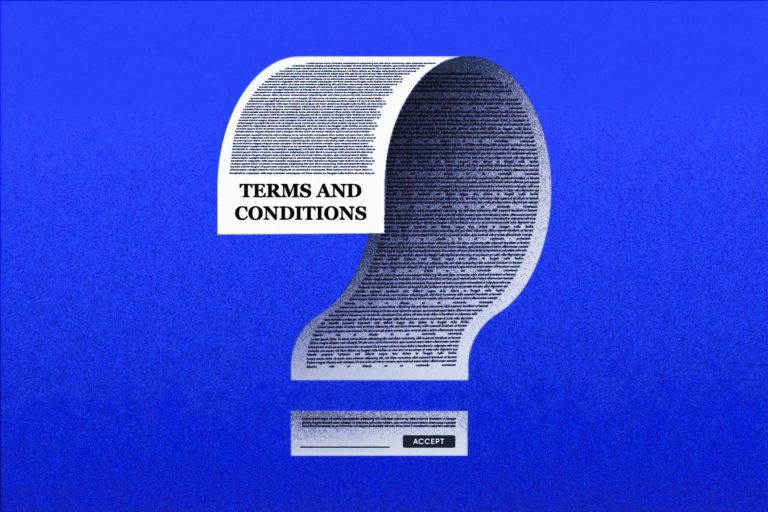
Does Living Trust Help with Probate and Inheritance Taxes?
A living trust is a trust that’s created during a person’s lifetime, explains nj.com’s recent article entitled “Will a living trust help with probate and inheritance taxes?”
For example, New Jersey’s Uniform Trust Code governs the creation and validity of trusts. A real benefit of a trust is that its assets aren’t subject to the probate process. However, the New Jersey probate process is simple, so most people in the Garden State don’t have a need for a living trust.
In Kansas, a living trust can be created if the “settlor” or creator of the trust:
- Resides in Kansas
- The trustee lives or works in Kansas; or
- The trust property is located in the state.
Under Florida law, a revocable living trust is governed by Florida Statute § 736.0402. To create a valid revocable trust in Florida, these elements are required:
- The settlor must have capacity to create the trust
- The settlor must indicate an intent to create a trust
- The trust must have a definite beneficiary
- The trustee must have duties to perform; and
- The same person can’t be the sole trustee and sole beneficiary.
Ask an experienced estate planning attorney and he or she will tell you that no matter where you’re residing, the element that most estate planning attorneys concentrate on is the first—the capacity to create the trust. In most states, the capacity to create a revocable trust is the same capacity required to create a last will and testament.
Ask an experienced estate planning attorney about the mental capacity required to make a will in your state. Some state laws say that it’s a significantly lower threshold than the legal standards for other capacity requirements, like making a contract.
However, if a person lacks capacity when making a will, then the validity of the will can be questioned. The person contesting the will has the burden to prove that the testator’s mental capacity impacted the creation of the will.
Note that the assets in a trust may be subject to income tax and may be includable in the grantor’s estate for purposes of determining whether estate or inheritance taxes are owed. State laws differ on this. There are many different types of living trusts that have different tax consequences, so you should talk to an experienced estate planning attorney to see if a living trust is right for your specific situation.
Reference: nj.com (Jan. 11, 2021) “Will a living trust help with probate and inheritance taxes?”









